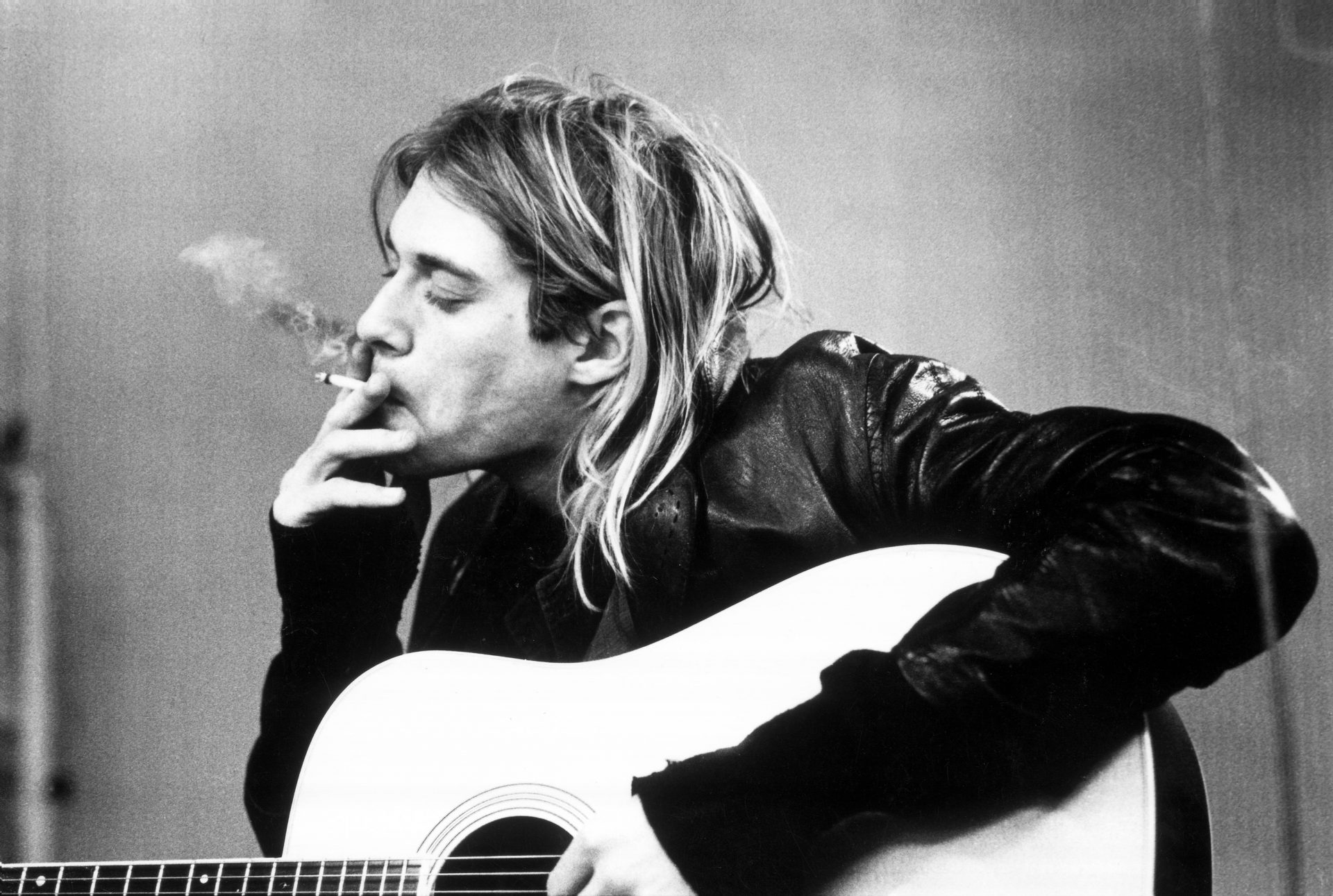Kurt Cobain: The Voice of a Generation Through Nirvana
In the tumultuous landscape of the 1990s, a voice emerged from the depths of Seattle's grunge scene, captivating a generation: Kurt Cobain, the enigmatic frontman of Nirvana. His raw vocals, introspective lyrics, and rebellious spirit resonated with millions, cementing Nirvana's place as one of the most influential bands of all time. This essay delves into the complexities of Kurt Cobain, critically examining his profound impact as a musician, cultural icon, and symbol of a generation.
The Voice of the Disenchanted Youth
Cobain's music found solace with a generation grappling with disillusionment and alienation. His lyrics, often dark and introspective, expressed the pain and frustration of an era marked by economic inequality, social unrest, and environmental concerns. Songs like "Smells Like Teen Spirit," "Lithium," and "Heart-Shaped Box" became anthems of a generation searching for meaning amidst societal apathy. Cobain's raw vocals and emotional intensity connected with these disaffected youth, giving voice to their unspoken anxieties and frustrations.
The Grunge Antihero
Beyond his musical prowess, Cobain became a cultural icon, representing the rejection of mainstream values and the embrace of individuality. His disheveled appearance, drug use, and sardonic wit challenged the polished image of pop stars, resonating with an audience weary of artificiality. Cobain's rebellious attitude and unwillingness to conform made him an antihero for a generation searching for authenticity and a rejection of societal norms.
Exploring the Darkness Within
Cobain's struggles with depression, drug addiction, and mental health issues were both a source of creative inspiration and a profound personal torment. His raw introspection in his music allowed fans to connect with their own struggles, but it also raised concerns about his well-being. The tension between his artistic expression and his personal turmoil created a complex and often contradictory public persona.
Critical Perspectives and Controversies
Kurt Cobain's legacy has been the subject of both admiration and controversy. Some critics have argued that his music glorified drug use and self-destructive behavior, while others have celebrated his honesty and vulnerability. His death by suicide in 1994 only served to heighten the fascination and speculation surrounding his life and work.
A Lasting Impact on Popular Culture
Despite his brief life, Cobain's impact on popular culture has been profound and far-reaching. His music has shaped the sound and style of countless subsequent bands, and his image has become synonymous with the grunge era. Moreover, his struggles with mental health and addiction have raised awareness and sparked conversations about these important social issues.
Reflections on a Complex Legacy
The legacy of Kurt Cobain is a complex tapestry of artistic brilliance, personal struggle, and cultural impact. As the voice of a generation, he connected with millions through his raw lyrics and rebellious spirit. His music continues to resonate with fans worldwide, and his life and struggles serve as a reminder of the challenges and complexities of being human.
Conclusion
Kurt Cobain's life and work have left an indelible mark on music, culture, and society. His music voiced the frustrations and aspirations of a generation, while his struggles with mental health and addiction highlight the complex realities of the human experience. As a cultural icon, Cobain challenged norms, embraced individuality, and left a lasting legacy that continues to inspire and provoke. His story is a testament to the power of artistic expression and a reminder that despite the darkness, hope and connection can be found in the most unlikely places.
Miss World: A Full List Of All The Winners From 1951 To Today
Discover The Champions Of Miss World: Full List Of Winners From 1951 To Today
Robin Thicke’s Controversial Blurred Lines: The Legal And Social Backlash



